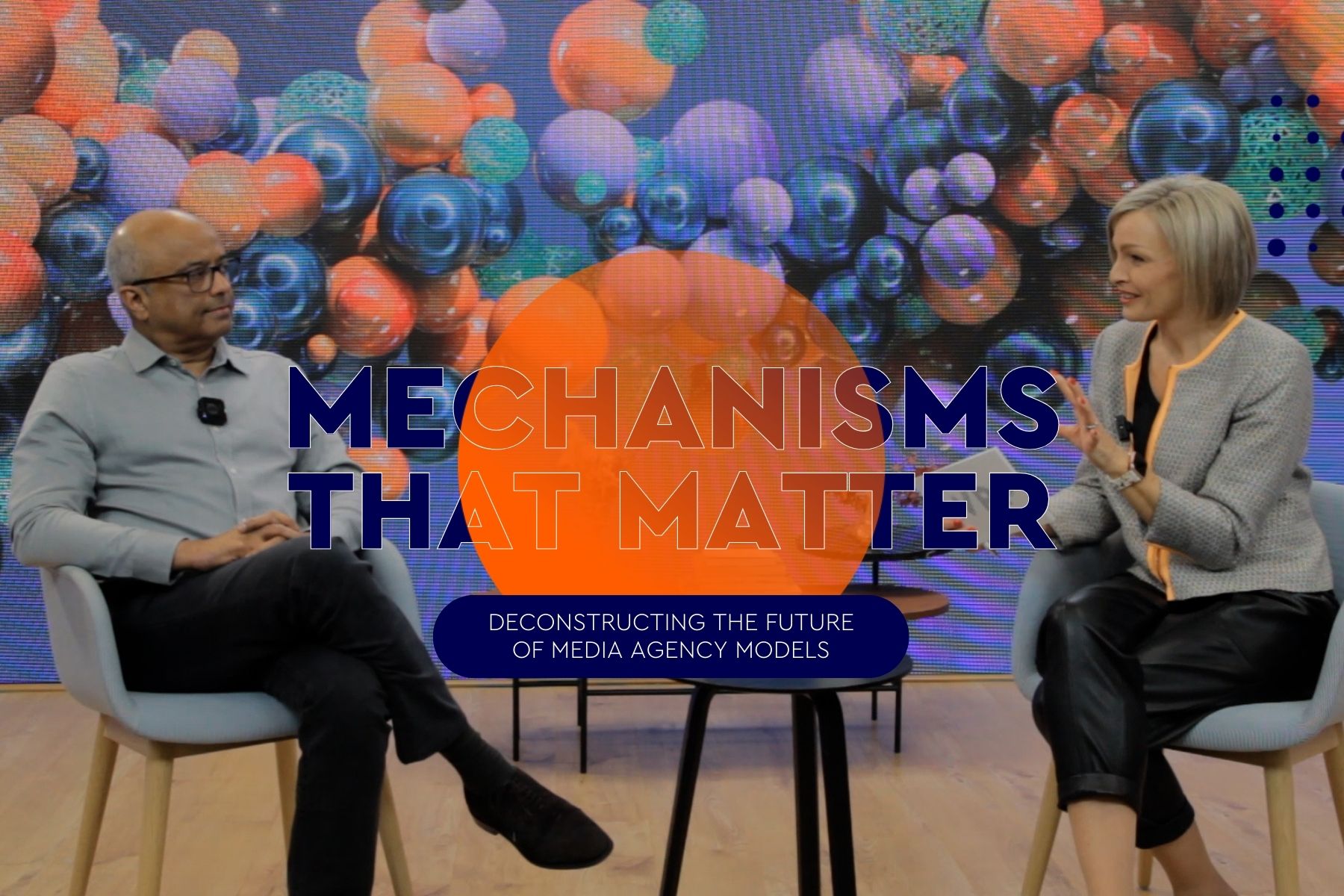
Show this article in Chinese, French, Portuguese (BR), Spanish
We will all be data professionals
Saying “I don’t understand data” in 2030 will be like printing emails in 2010
Familiarity with data will become the norm. Everyone will have a base understanding of what data can do, and how to interpret it.
Data scientists: an evolution
There are parallels between data science careers today and those of marketing technology developers in the early 2000s. Before the millennium, companies often invested in large IT teams and developed their own technology. As we moved into the new century, these teams morphed into architects and specialists who were able to configure and integrate third-party software. In the battle between buy and build, buy had won.
These days, architects and specialists are usually outsourced, with vendor software so sophisticated business users can do much of the work themselves. Machine learning (ML) modelling is taking a similar, if accelerated, path. We no longer expect companies to recruit teams of data scientists, preferring to leave model development to specialist companies and big tech. Nevertheless, companies still need to hire highly skilled data analysts to work with the models, identify the most effective business use and implement them.
We’ve reached the “architect and specialist” stage. ML is already common in much marketing software, but there is still a scope for experimentation and innovation, and we see this continuing into the next decade. We’ve not reached full maturity by any means.
Data users will also be thinkers
Nevertheless, by 2032, we expect many companies to have outsourced their core data analysis, giving them more time to focus on how to get business value from their data.
By this point, we will all have to juggle commercial, ethical and sustainability concerns, so highly skilled analysts will be complemented by thinkers from a range of backgrounds: social scientists, economists, historians and so on, who will be valued for their different perspectives on how to use data effectively.
Recruitment and data points
Data is also shaping the job market in a different way – through its use in recruitment. Human resources departments have been trying to use technology and data to improve recruitment for some time – although Amazon’s early experiment with ML recruitment, where training the model on historical data perpetuated a preference for hiring males, may have given some pause for thought.
But just as customers are broken down into data points to target them more effectively, we predict employees will soon be recruited for their individual skills and experience rather than previous roles, creating the possibility of much greater transference between careers and industries. In this scenario, CVs and resumes would be replaced by a much more standardised lists of attributes, potentially giving more weight to easily classifiable achievements such as training and certification.
The pandemic demonstrated that, for many knowledge workers, offices are great for social networking but less so for productivity. There are very few reliable studies or accurate figures but working from home does seem to have productivity advantages, not least because it’s quieter and avoiding the commute saves hours of time.
It doesn’t work for everyone or every industry but, by 2032, we predict hybrid and fully remote working will be well established and employers will no longer limit recruitment to those within the commutable zone of the office. Take these ideas together and you create a situation in which experience and skills can be atomised, and recruitment can be global.
Of course, there are some serious obstacles to this prediction. Both would massively expand the task of recruitment, and data analysis software would be needed to match the specific needs of a job to the skill sets of a global pool of candidates. It would require enlightened thinking on cross border freedom of movement, as well as a global agreement on the definition of skills – a frankly daunting proposition. Perhaps this prediction won’t quite make it to reality in the next 10 years.
Data handling will be comfortable
By 2032 employees will be so comfortable with data they will barely notice its role in their decision-making. Given the ongoing disruption in the sphere of data control, we expect far greater governance and appreciation of ethics in data collection, processing and use, but this will be well embedded into business processes and second nature.
We see the data science discipline maturing, skilled analysts deciding how best to apply those models in a commercial context, and businesses deliberately employing teams with diverse backgrounds to get the most value from data.
Our advice to anyone who thinks data is an unwelcome distraction (in the unlikely event they are reading this) is to embrace data. All future jobs will involve data, so don’t be content to be a social media user, rather be the person who knows how the platforms’ algorithms work. Get comfortable with data so you know how to use it responsibly.
This is the third in the series of three articles derived from WPP’s Thoughtful Data 2032 which follows Data 2030.
published on
18 May 2022
Category
More in Communications

Healthcare communications – diverse, dynamic & different
Communicating about health and healthcare in APAC requires a nuanced and balanced approach

Mechanisms that Matter – How India is fuelling growth for global brands
CVL Srinivas tells Anna Hickey how WPP Open is fuelling a testbed for new working models, innovation, and automation.

Media in India: the future is now
Brands pursuing the Indian market must focus on personalised experiences and data-driven strategies

